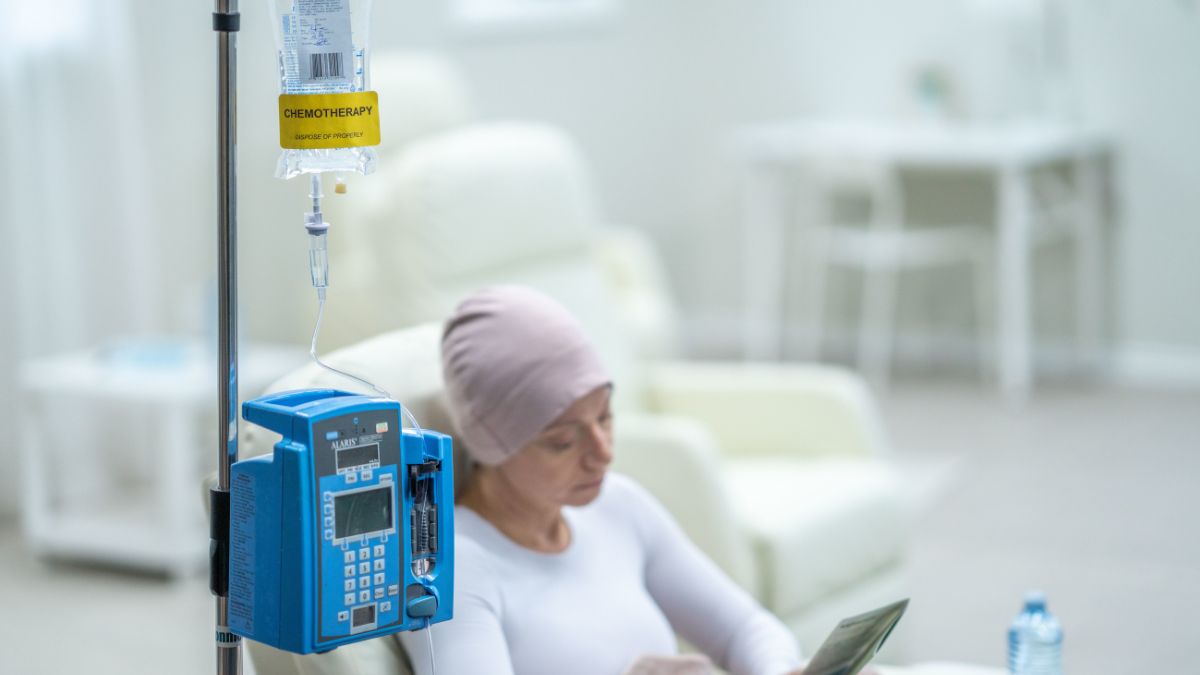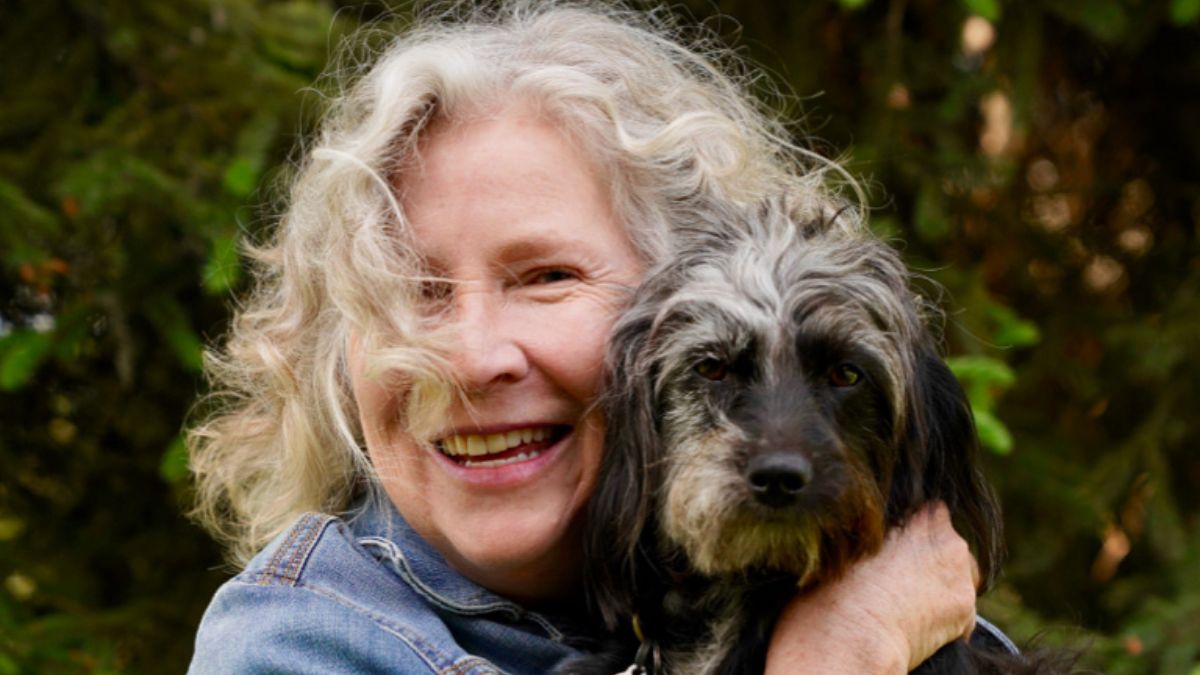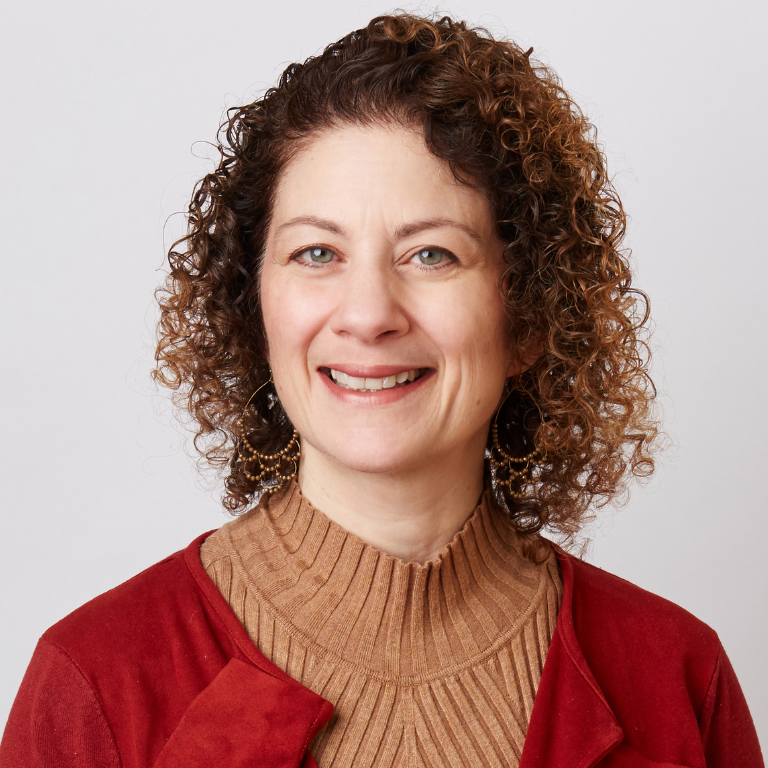Beyond the headlines: Chemotherapy shortages, LGBTQ+ Pride Month, and 2023 ASCO reports
LBBC’s views on breast cancer news
- 06/23/23
With summer here, many of us are wishing for a slower pace and a chance to catch our breath. Still, it’s been a busy month for cancer news. We’re here to break things down and help you take simple action.
We’re focused on threats to treatment access because of chemotherapy drug shortages and changes to the way insurance companies bill for DIEP flap reconstruction surgery. On the positive side, presentations from the 2023 ASCO annual meeting show doctors are hearing the call for better treatments and methods to manage side effects. Read on to learn more.

Cancer drug shortages: a crisis
We are alarmed by the chemotherapy drug shortage, which includes critical breast cancer treatments like carboplatin, cisplatin, capecitabine, and paclitaxel. Medical advisor and advocate Eleonora Teplinsky, MD, says the shortages are impacting people with all types of cancer across the country. The FDA is temporarily allowing imports of some drugs from outside the US, but much more needs to be done—something even FDA has acknowledged. Check out the recommendations from the National Comprehensive Cancer Network and if you are affected by the shortages, make a plan with your doctor to either get access elsewhere or adjust your treatment. We encourage you to look up and contact your elected officials, too, to insist they address this issue now.
We need both short-term and long-term solutions to ensure that we do not face such severe shortages again.
Learn more
- Doctors, patients grapple with critical cancer drug shortage (PBS News Hour)
- How to solve America’s drug shortage problem (Washington Post)
- Cancer centers say US chemotherapy shortage is leading to treatment complications (AP)
- NCCN releases statement addressing ongoing chemotherapy shortages (National Comprehensive Cancer Network)
Related LBBC content
- Chemotherapy (About)
- Preparing for chemotherapy (video)

Centering LGBTQ+ people
June is Pride Month, and we’re listening to and learning from our LGBTQ+ community. One recent study showed shocking gaps in physician knowledge of breast cancer risk and appropriate screening for transgender people—a group that already has legal and practical threats to accessing care. These findings come on the heels of an April report suggesting LGBTQ+ people experience delays in diagnosis and onset of care, well-known factors that increase the risk for breast cancer death. We can and we must do better. Learn more from Dr. Scout, executive director of the LGBT Cancer Network, in a just published article covering the key issues that health systems and advocates need to know to deliver optimal information and care. And look for two LBBC programs for providers later this summer.
Sexual and gender minority persons have no presumption of care and, like many overlapping disparity populations, also have no presumption of respectful treatment.
Learn more
- Unique issues facing sexual and gender minorities in cancer (Cancer Discovery)
- Cancer in transgender and gender-diverse persons: A review (JAMA Network)
- Breast cancer treatment outcomes for sex and gender minority patients (Oncology Times)
Related LBBC content

Eric Winer at ASCO 2023
LBBC and 42,000 of our closest friends were in Chicago for the 2023 ASCO annual meeting. While it wasn’t a groundbreaking year for breast cancer, we were heartened by the focus on patient engagement. My favorite session featured outgoing ASCO president Eric Winer, MD, who shared life lessons that inform the care he delivers:
- When you have a serious illness, the doctor-patient relationship takes center stage.
- Science matters—and “we owe to our patients to step firmly on the scientific accelerator.”
- Everyone faces challenges, and doctors drawing from their own lived experience deliver better care.
- Don’t expect everyone to respond the same to cancer; meet people where they are.
- Doctors have a responsibility to protect us from stigma.
We’re proud Dr. Winer serves on our medical advisory board and influences our approach to serving you.
Patients should receive our empathy, our humanity, and the best possible care, no matter how they find their way to our clinic.
Learn more
- ASCO president on patient partnerships (WebMD)
- ASCO 2023: Promising results in breast cancer from NATALEE and PHERGain (Medscape)
- 6 Key breast cancer research takeaways from the 2023 ASCO annual meeting (breastcancer.org)
Related LBBC content:

Medical marijuana for side effects
Another exciting trend at ASCO was a focus on treatment side effects. On Twitter, advocates and doctors alike praised a study about the drug diclofenac, which successfully prevented the dreaded hand-foot syndrome often caused by capecitabine (Xeloda). One presenter shared a survey in which nearly half of cancer doctors recommended medical marijuana. At LBBC, we get many questions about the safety of and evidence for using CBD and medical cannabis for nausea, vomiting, pain, and more. We’ve updated our resources to bring you the latest on where and how to access medical marijuana, and questions to ask your doctor.
I’m the first person who will admit that it’s not for everybody. It’s not a magic pill, it’s not a cure-all. It’s a tool. And not every tool works for every person.
Learn more
- Patient experiences with medical marijuana for cancer symptoms (Cure)
- Data suggest new ways to make capecitabine more tolerable for patients (ASCO Daily News)
Related LBBC content
- Medical marijuana (About)
- Using medical marijuana for pain relief: Abigail M. Johnston (blog)
- Managing and preventing breast cancer side effects a focus of 2023 ASCO meeting | ASCO 2023 (news)
- Diclofenac prevents hand-foot syndrome side effect of capecitabine | ASCO 2023 (news)
New mets drug on the horizon
We’re watching a new drug, capivasertib, that targets the AKT protein in hormone receptor-positive, HER2-negative metastatic breast cancer. Results published from the CAPItello-291 clinical trial show people who took capivasertib with the endocrine therapy fulvestrant went longer without cancer growth than those who got fulvestrant alone. Participants had past cancer growth with an aromatase inhibitor (with or without a CDK inhibitor), so capivasertib could provide a new and exciting option. The study is likely to lead to a new FDA approval, the first of its kind in this class; stay tuned to lbbc.org for updates.
Learn more
- Capivasertib-fulvestrant therapy increases PFS in HR-positive breast cancer (HealthDay)
- Capivasertib in hormone receptor–positive advanced breast cancer (New England Journal of Medicine)
Related LBBC content
- Targeted therapy (About)
- Be informed to live longer (blog)
- Clinical trials (About)

CMS reconsiders breast reconstruction codes
LBBC submitted a formal comment to the US Centers for Medicare and Medicaid Services (CMS) ahead of its June 1 public hearing on the decision to sunset individual insurance billing codes that support tissue-based breast reconstruction into a single code. Our statement insists CMS reverse its decision, which imperils access to DIEP flap and other tissue-based breast reconstruction in areas where surgeons can no longer afford to perform the specialized surgery. We expect a response from CMS by mid-August; in the meantime, follow us and the Community Breast Reconstruction Alliance on Instagram to learn what you can do.
I’m asking these companies to provide the procedures we need to reimburse at rates where women have access regardless of their wealth.
Learn more
- How a medical recoding may limit cancer patients’ options for breast reconstruction (CBS News)
- Billing code change could make popular breast reconstruction surgery harder for cancer survivors to find (Fox 5 Atlanta)
- Community Breast Reconstruction Alliance (website)
Related LBBC content
- LBBC issues statement to CMS on coding changes for breast reconstruction (news)
- Code change chaos (blog)
- Going DIEP (blog)

(Our) people are talking
- 2023 LBBC Hear My Voice advocate and filmmaker Mary Katzke published an op-ed in her hometown paper of Anchorage, Alaska, on the challenging questions posed by living with metastatic breast cancer.
- Listen to “The Burn,” a podcast from Wildfire, to learn how the aftermath of breast cancer treatment is eerily similar to puberty, from hair to sex to acne, as told by Young Advocate grad Lauren Oxenhandler. Lauren’s piece also appeared in a past issue of Wildfire magazine.
- Shonte Drakeford, a graduate of our Hear My Voice program, shared her lived experience about managing mindset and manifesting intention for the spring 2023 issue of My Life Matters, an interactive magazine from Tigerlily Foundation and Elephants & Tea.
- Bravo to LBBC medical advisory board member Angie DeMichele, MD, MSCE, on receiving the Gianni Bonadonna Breast Cancer Award at the 2023 ASCO meeting for her practice-changing impact in breast cancer and her exceptional mentorship of the next generation of oncologists.
Learn more
- OPINION: Don’t call me a brave warrior (Anchorage Daily News)
- Puberty in purgatory at thirty-one with Lauren Oxenhandler (The Burn)
- Evolution of wellness (My Life Matters Magazine)
Related LBBC content
Thank you to consulting medical editor Claire Nixon for her guidance and support with this month’s column.
Please send us news items for July at online@lbbc.org.


